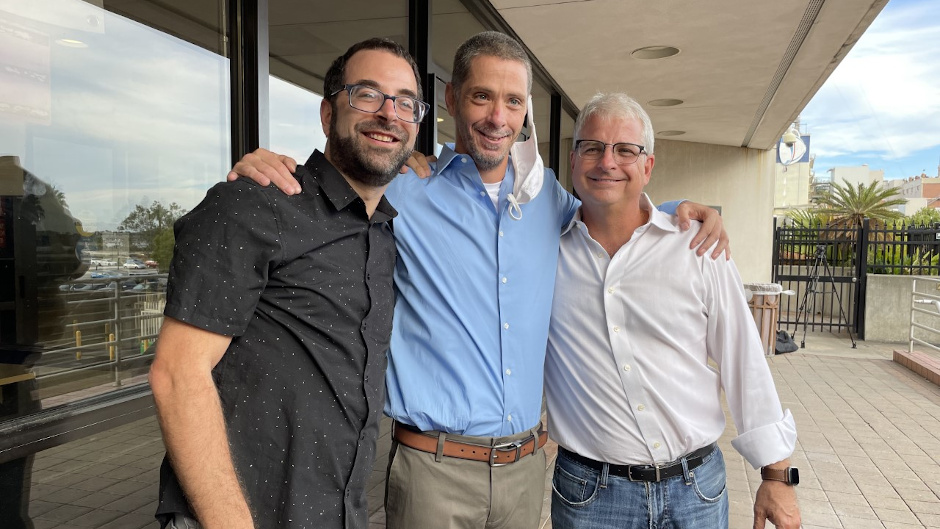October 27, 2022, marks the anniversary of prosecutors dropping all charges against Dustin Duty after five years of diligent work by the Miami Law Innocence Clinic and Florida Innocence Project helped prove Duty’s innocence.
According to the National Registry of Exonerations, over 3,200 people have been exonerated since 1989, revealing numerous flaws in the criminal justice system that has put thousands of innocent people behind bars. Wrongful convictions may occur due to a multitude of issues, but the three main culprits are: ineffective assistance of counsel (when an attorney fails to take action on their client’s behalf); faulty eyewitness identification (when a victim or bystander unreliably identifies someone without any safeguards in place); and false confessions (when an accused feels coerced into confessing to a crime they did not commit).
Duty’s case illustrates how some of these missteps can lead to grave consequences for the wrongfully accused.
Duty, a Jacksonville man wrongfully convicted of committing an armed robbery in 2013, spent eight years in prison before being released. Among the flaws in Duty’s conviction was unreliable victim testimony. Not only did Duty not match the clothing and physical description that the victim provided to the police, but the victim later revealed that she was pressured into identifying a suspect, despite being unsure of the perpetrator’s identity at the time.
The ineffective assistance of counsel also played a crucial role in Duty’s flawed conviction. Duty’s attorney failed to call an alibi witness who would have cleared Duty of any wrongdoing: his boss, who has always maintained that he was dropping Duty off from work at the time of the robbery. Equally fatal was Duty’s attorney’s failure to challenge the unreliable identification in court, allowing the prosecution to sway the jury in the state’s favor.
After the trial court denied postconviction relief to Duty, the Miami Law Innocence Clinic succeeded in overturning Duty’s conviction at the 1st District Court of Appeal. The appellate court found that because Duty’s trial counsel failed to call an alibi witness, in addition to failing to move to suppress a highly suggestive show-up identification, Duty “did not receive the representation guaranteed [to] him by the constitution, calling into question his conviction.”
After remanding the case back to the trial level, the state dismissed all charges, granting Duty his long-sought freedom after eight grueling years.
Ashley Garcia, then a clinical intern and now a fellow, recalls the powerful experience of being present when Duty was released. “Seeing Dustin walk out of prison, call his mom, and experience freedom for the first time in almost a decade is something that I will never forget.” Garcia sees this case as highlighting the importance of raising awareness for wrongful convictions. “It is our duty to make Dustin’s story heard to prevent anyone else from falling victim to this type of miscarriage of justice.”
Read more about Miami Law's Innocence Clinic

